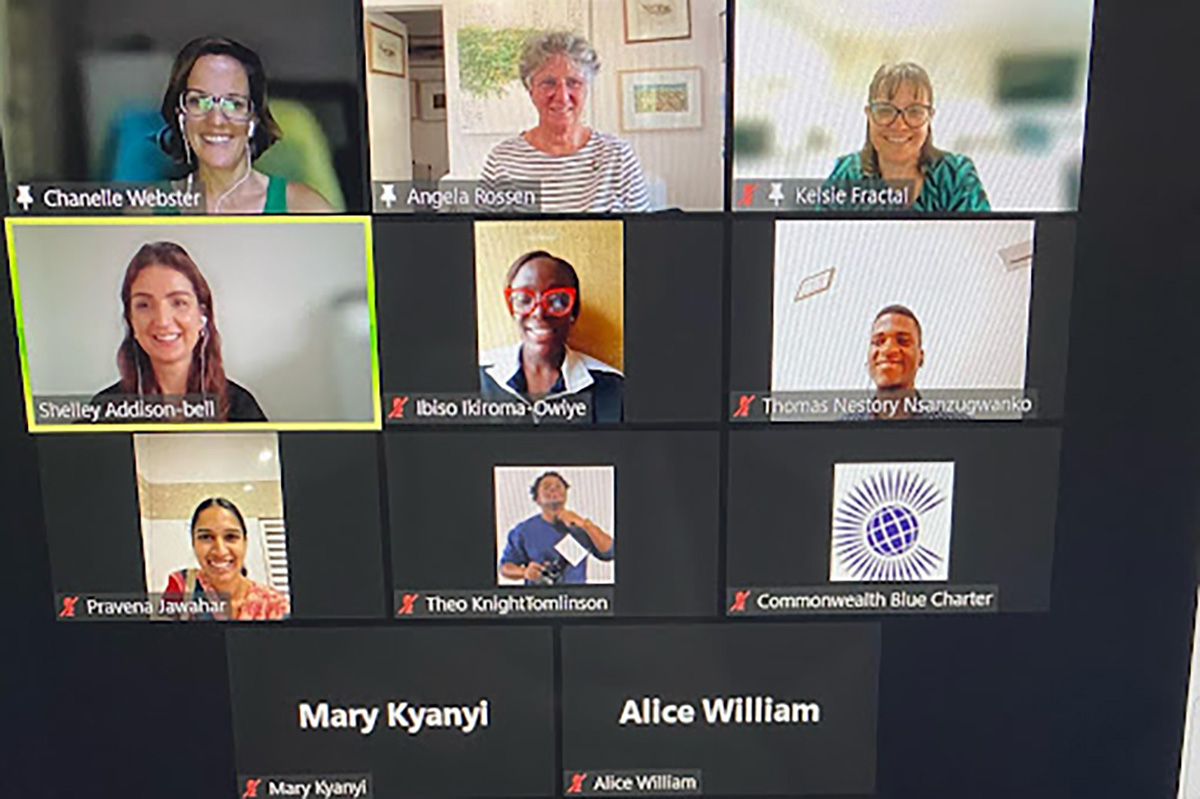“Ubuntu economics: what Africa can learn”
February 24th, 2016 A critical look at how other societies have created wealth could be instructive for Africans, writes Mercy Zulu, 24, a Correspondent from Lusaka in Zambia, who says informed consumers have a role to play.
A critical look at how other societies have created wealth could be instructive for Africans, writes Mercy Zulu, 24, a Correspondent from Lusaka in Zambia, who says informed consumers have a role to play.
I was amused with the attention that followed my status posting about an interview I heard. It stimulated debate related to Chika Onyeani’s Capitalist Nigger, and to my delight served to provoke deeper thought into a subject matter close to my heart.
The interviewee stated that black people do not know how to keep wealth within their economy, and that is the reason for their economic lag.
While development is dynamic and involves a combination of factors, I do believe it begins with the state of mind. It is probably the single most powerful inhibitor or stimulant to the agenda, and I can’t help establish that conviction by looking at some of the more successful societies in the world and the similarities they share with regard to managing their wealth. Perhaps there is something worth learning and contextualizing for African people.
Japanese: During the post war era from the 1950s to ‘70s, a period known as the Japanese economic miracle, Japan attained an average ten per cent growth rate per annum. In 2014, Japan’s GDP was an estimated 4.6 trillion US dollars, representing about seven per cent of the world’s economy. While there were good policies associated with the country’s success, my interest lies with some of the microeconomic details.
The Japanese ‘keiretsu’ is a business ethic directly translated to mean ‘headless combine’, or in other words ‘group’. The system refers to a business partnership in which several companies either have cross-shareholdings with each other or maintain strong supply-chain relationships. This system is commonly likened to a spider web, and one of the principles behind it is strengthening ties between supplier and buyer so that the two parties are likely to work in a way that supports mutual benefit. Furthermore, the system rests on a strong philosophy of trading within the family. One would not obtain goods outside the system unless they cannot be provided by members of the system.
Jewish: Approximately 2000 years of exile and eight decades after the horrific events of the holocaust, Israel has today emerged a strong economic and military state. It is an amazing redemption story and testament for progress. The Jews are synonymous with being good at business and creating wealth; recently this statement came alive for me as I sat in on a tour of part of Cape Town in South Africa and was told that one of the most beautiful and prestigious areas I was looking at was predominantly occupied by a Jewish community. If that isn’t enough to persuade you, perhaps these 2014 statistics will: Jews constitute about two per cent of the United States of America’s population and yet make up 20 per cent of Forbes top 50 billionaires.
The Jewish story originates in their faith, and is guided by religious principles that contain verses discouraging interest on loans to fellow brothers as well as encouraging support to the poor simply as an act of kindness. Rabbi Daniel Lapin’s book ‘Thou Shalt Prosper: Ten Commandments for Making Money’ explains that prosperity comes when one focuses on serving others.
Indians: Based entirely on observation in my country, I find the Indian community to be entrepreneurial and supportive of each other. They own several businesses in different parts of the country and usually culture their children to learn the trade at an early age; some of my childhood friends would assist in their parents’ shops after school or during the holidays. When an Indian starts a business, his fellow countrymen would buy products from him.
Capitalist Nigger explains that the spider web doctrine refers to attracting wealth and trapping it within communities much as a spider traps a fly. This may raise eyebrows and provoke questions such as, ‘what happens to foreign investment (FDI) or trade?’ It may instigate wide criticism as being ‘anti-globalist’.
I suppose the answers to some of these questions are in asking more questions. To what extent do we allow local industries to flourish while accommodating FDI? What policies can we put in place to create an enabling environment and ensure their competitiveness?
Though the supply side is important, I believe demand is even more so and that is the basis of this article. You and I create that demand. We create that support and power in solidarity. Are Africans doing enough to support African enterprises, innovators, movers and shakers in whatever trade – what I term ‘Ubuntu economics’?
I ask this question to the reader, wherever you are on the continent or across the globe, to take some time to observe your community and answer the question for yourself. As you do, may the movement intensify and in its wake the African entrepreneur bud.
Photo credit: http://mrg.bz/CdgJNG
………………………………………………………………………………………………………………………………………………………
About me: I am an avid reader and writer. Even more, I am an advocate of the development agenda, and recently graduated with a major in economics and minor in development studies.
I come from a developing country and because of my daily experiences have a burning desire to eliminate poverty and preserve a better world for the future through sound economic policy.
I love working in eclectic environments that encourage creativity. I have written articles for local publications and the World Bank.
………………………………………………………………………………………………………………………………………………………
Opinions expressed in this article are those of the author and do not necessarily represent the views of the Commonwealth Youth Programme. Articles are published in a spirit of dialogue, respect and understanding. If you disagree, why not submit a response?
To learn more about becoming a Commonwealth Correspondent please visit: http://www.yourcommonwealth.org/submit-articles/commonwealthcorrespondents/
………………………………………………………………………………………………………………………………………………………




